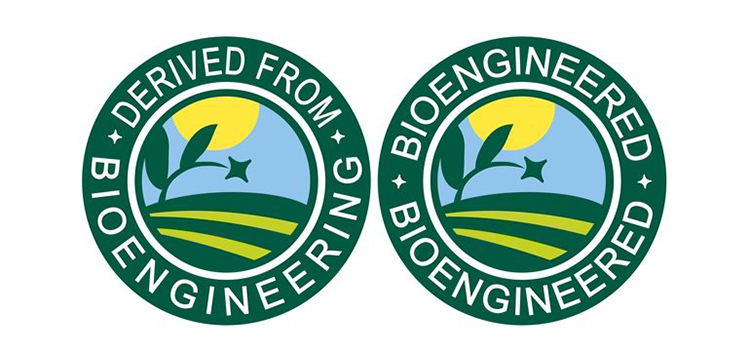
Did that product come from a genetically modified organism (GMO)? From a consumer perspective, there isn’t always a clear answer.
Beginning January 1, 2020, though, genetically modified, or bioengineered, foods in the grocery store will likely become easier to identify thanks to the “National Bioengineered Food Disclosure Standard” brought forward by USDA’s Agricultural Marketing Service (AMS). The standard requires disclosure, including use of the label seen above, on foods that are testable as containing genetically engineered ingredients. This January marks just the start of this GMO food labeling project . . . as there is a two-year phase-in to the standard.
More importantly, however, is the fact that the use of this label should make it clearer to consumers what foods are not genetically engineered.
Better understanding of our food system
Currently, AMS lists only 13 crops whose bioengineered varieties may be sold and produced in the United States:
- Alfalfa
- Apples (Arctic varieties)
- Canola
- Corn
- Cotton
- Eggplant (BARI Bt Begun varieties)
- Papaya (ringspot virus-resistant varieties)
- Pineapple (pink flesh varieties)
- Potato
- Salmon (AquAdvantage varieties)
- Soybean
- Summer squash
- Sugarbeet
READ THE FULL STORY: https://hoards.com/article-26927-changes-on-the-way-for-gmo-labeling.html




















